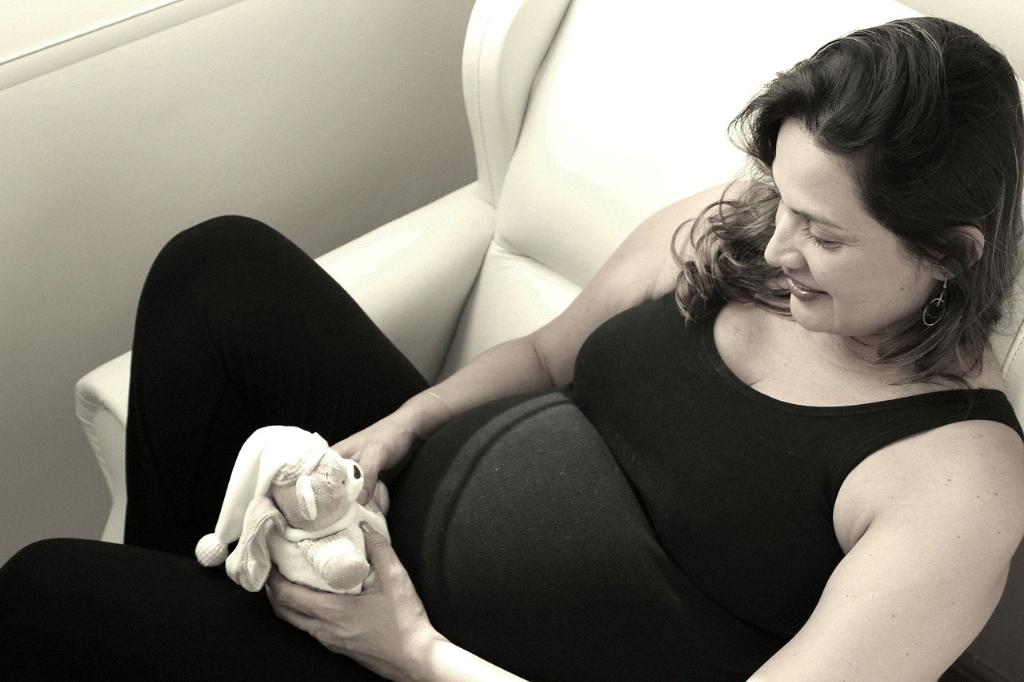An angular pregnancy is a rare form of ectopic pregnancy where the fertilized egg implants within the lateral angle of the uterine cavity rather than the normal location within the endometrial lining of the uterus. This abnormal implantation can lead to serious complications, making it a high-risk condition for both the mother and the developing fetus.
Recognizing the Risks
As mentioned earlier, angular pregnancies are associated with a higher risk of spontaneous abortion, uterine rupture, and maternal mortality compared to other types of ectopic pregnancies. Due to these significant risks, prompt and appropriate treatment is essential to ensure the health and safety of the mother.
Management Options
When it comes to treating an angular pregnancy, the primary goal is to remove the ectopic pregnancy while preserving the health of the mother. In most cases, the management of angular pregnancies involves a combination of pregnancy termination and surgical intervention, typically through laparoscopy.
Medical Termination
In some cases, medication may be used to effectively terminate the angular pregnancy. This method is typically reserved for cases where the pregnancy is in its early stages and the ectopic mass is small enough to be safely absorbed by the body without the need for surgery.
Laparoscopic Surgery
When medication alone is not sufficient to treat the angular pregnancy, laparoscopic surgery may be recommended. This minimally invasive procedure involves the removal of the ectopic pregnancy through small incisions in the abdomen, reducing the risk of complications and promoting a quicker recovery for the mother.
Monitoring and Follow-Up
Following the treatment of an angular pregnancy, it is important for the mother to undergo regular monitoring to ensure that the ectopic pregnancy has been completely resolved and to watch for any signs of complications. Close follow-up care is essential in preventing future issues and promoting overall reproductive health.
Emotional Support
Dealing with an angular pregnancy can be emotionally challenging for the mother, as it often involves the loss of a pregnancy. It is important for healthcare providers to offer compassionate support and resources to help the mother cope with the emotional impact of the experience.
Future Fertility
One common concern for women who have experienced an angular pregnancy is the impact on future fertility. In many cases, with prompt and appropriate treatment, the risk to future fertility is minimal, and most women are able to conceive and carry a pregnancy to term after an angular pregnancy.
Prevention Strategies
While angular pregnancies are not always preventable, there are certain risk factors that may increase the likelihood of this condition. Understanding these risk factors and taking appropriate precautions can help reduce the chances of experiencing an angular pregnancy in the future.
Consult with a Healthcare Provider
If you suspect you may have an angular pregnancy or are experiencing symptoms such as abdominal pain, irregular bleeding, or shoulder pain, it is important to seek prompt medical attention. A healthcare provider can assess your condition and recommend the most appropriate treatment for your individual situation.
Conclusion
In conclusion, treating an angular pregnancy involves a multidisciplinary approach aimed at removing the ectopic pregnancy while safeguarding the health and well-being of the mother. By understanding the risks, exploring the available management options, and seeking timely medical care, women can successfully navigate and overcome the challenges associated with an angular pregnancy.
Seek Support
Remember, you are not alone in your journey. Reach out to your healthcare provider, loved ones, or support groups for guidance and emotional support as you navigate the complexities of treating an angular pregnancy.

